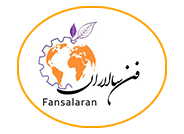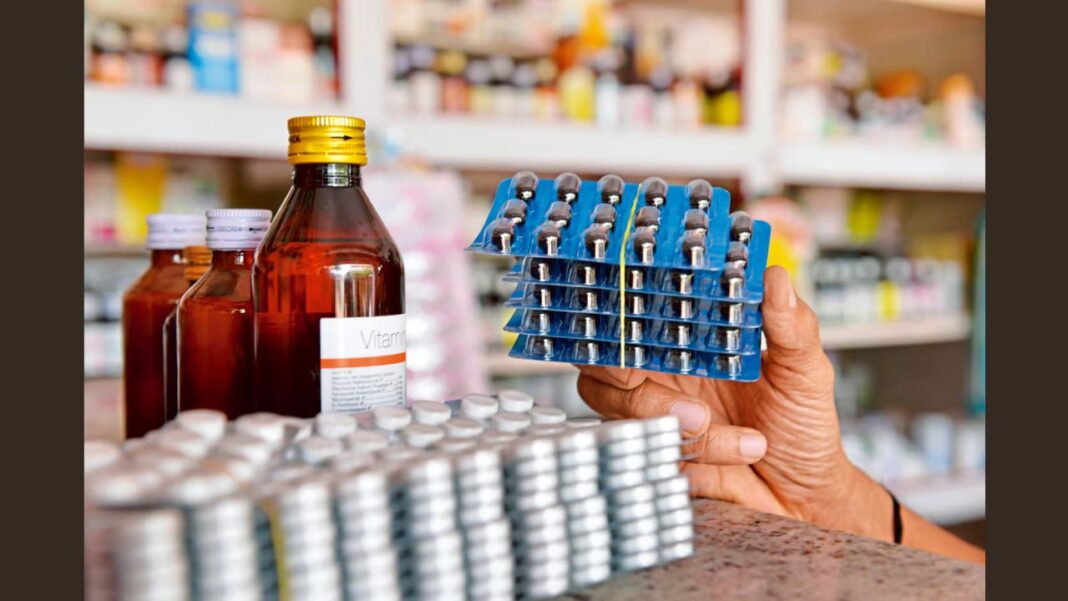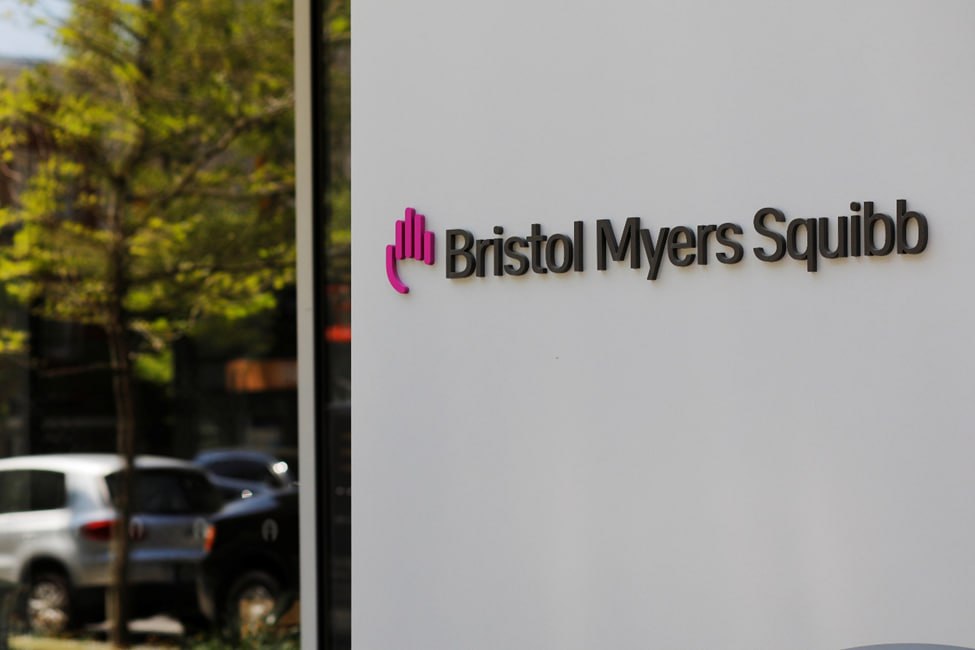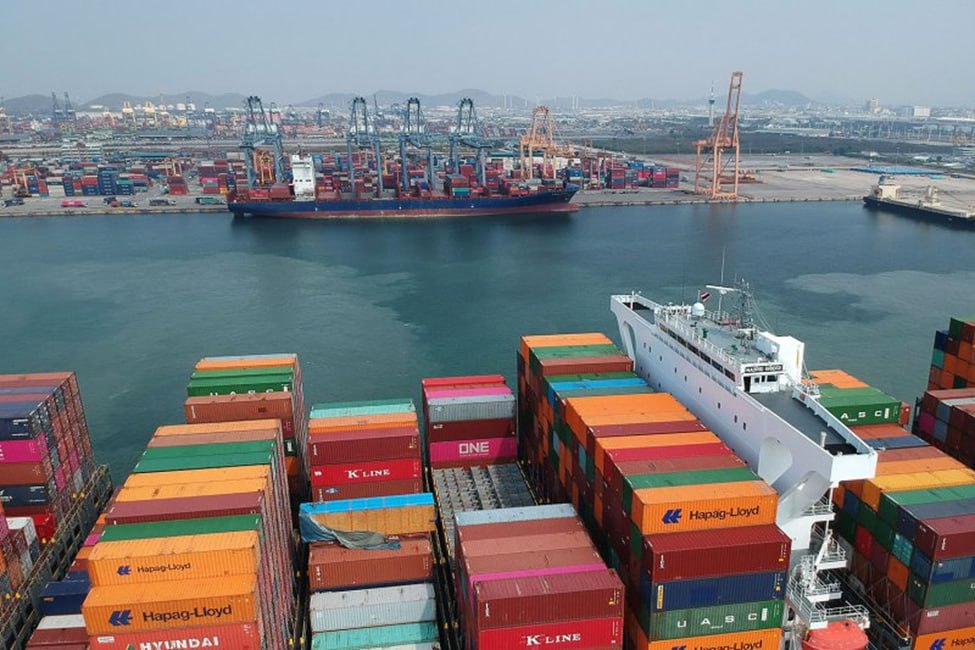In a significant step towards deepening bilateral engagement, the Pharmaceuticals Export Promotion Council of India (Pharmexcil) will initiate a series of facilitative measures aimed at fostering sustainable market integration and tapping into the rapidly growing pharmaceuticals and medical devices market of the Kingdom of Saudi Arabia (KSA).
This strategic outreach is centred around regulatory harmonization, streamlined approval pathways and the establishment of collaborative frameworks across key stakeholders in both nations.
At the core of this initiative is Pharmexcil’s emphasis on regulatory harmonization with the Saudi Food and Drug Authority (SFDA). The proposed regulatory roadmap seeks to fast-track SFDA Registration for pharmaceutical and medical products already approved by recognized global regulatory bodies, permit multiple brands per manufacturing site, expanding opportunities for Indian manufacturers.
It also includes ensuring a transparent, predictable, and efficient regulatory framework to enhance investor confidence and simplify market entry procedures.
These measures aim to reduce bureaucratic delays and bring essential medicines and devices to the Saudi market more swiftly, aligning with the Saudi Arabia’s healthcare expansion goals under Vision 2030.
In a recent high-level meeting hosted by the Embassy of India in Riyadh, and organized in collaboration with the Public Investment Fund (PIF), Saudi Food and Drug Authority (SFDA), and National Unified Procurement Company (NUPCO), stakeholders gathered to discuss the future roadmap for collaboration in pharmaceuticals and medical devices.
Representing Pharmexcil at the meet were Namit Joshi, chairman of Pharmexcil, and Lakshmi Prasanna, senior director, Pharmexcil, who jointly delivered a presentation titled “The Indian Pharma Sector: Current Landscape and Advancing Collaboration with the Kingdom of Saudi Arabia”.
India’s exports of pharmaceuticals and medical devices to Saudi Arabia stood at USD 209.83 million for FY 2024–25, signalling the importance of the Saudi market in India’s global pharmaceutical trade map.
With a growing population, increasing healthcare expenditure, and a national focus on local manufacturing and access to affordable healthcare, Saudi Arabia presents a fertile ground for Indian pharmaceutical companies looking to expand their footprint in the Gulf region.
Pharmexcil outlined several forward-looking areas of collaboration with the Kingdom of Saudi Arabia, including contract manufacturing and local production partnerships towards establishing joint ventures and tech-transfer arrangements to boost local production capacity.
The collaborations also include research & development and clinical trials. This would encouraging bilateral R&D initiatives and multi-centre clinical trials to support drug innovation and regulatory compliance.
Other areas of collaborations include strengthening the supply chain for active pharmaceutical ingredients (APIs) and finished dosage formulations to ensure uninterrupted access to essential medicines.
Training and capacity building are other significant areas of joint programs for regulatory training, pharmacovigilance, and manufacturing best practices to uplift technical capabilities across both nations.
“With these collaborative initiatives gaining momentum, the India-Saudi Arabia pharmaceutical corridor is poised for robust growth. The synergy between India’s manufacturing and scientific expertise and Saudi Arabia’s strategic investments and healthcare goals could pave the way for a transformative partnership in the life sciences sector,” according to a senior official associated with the development.






